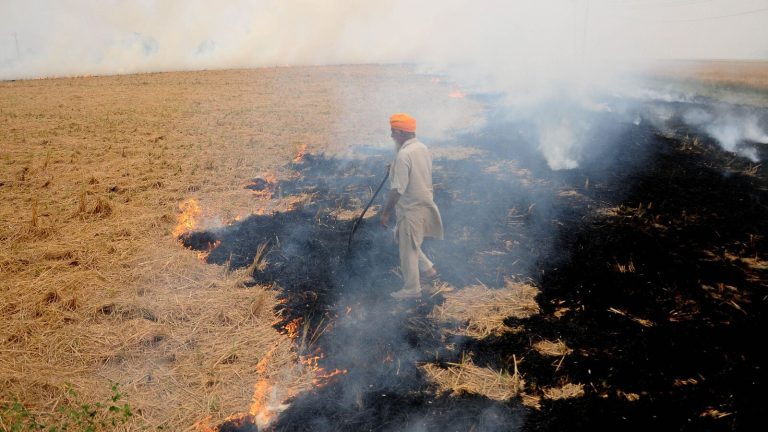Talwandi Sabo Power Ltd (TSPL), a subsidiary of Vedanta Ltd, has established a biomass manufacturing facility near its 1,980MW thermal plant in Mansa, Punjab. The facility will produce torrefied bio-pellets.
In a statement, Vedanta said it is Punjab’s largest biomass manufacturing facility. Torrefied biomass is a high-grade, solid biofuel made from biomass or agricultural residue through a thermochemical process. The end product is a biofuel with more energy density than the original feedstock.
“With a capacity of 500 tonnes per day, the new biomass plant will convert agricultural stubble into clean-burning, carbon-neutral bio-pellets, offering a sustainable alternative to coal,” said the company statement.
Punjab generates nearly 15-20 million tonnes of crop stubble annually. Much of this is traditionally burned in the fields, contributing to severe seasonal air pollution across North India.
TSPL will decrease its carbon footprint by using biomass in its fuel mix. During the paddy season, TSPL procured over 800,000 tonnes of agricultural stubble, which it converted into approximately 640,000 tonnes of torrefied bio-pellets at this new facility.
Further, the company will reduce its daily use of coal by 5% by using this carbon-neutral alternative. These two pathways together, the statement added, will potentially avert nearly 2.6 million tonnes of CO₂ emissions.
“The commissioning of these biomass plants reflects the kind of collaborative innovation required to improve air quality across Punjab and neighbouring states. By utilising agricultural stubble in the form of torrefied bio-pellets, TSPL is significantly reducing coal consumption and advancing environmental compliance in thermal power generation,” said Adarsh Pal Vig, chairman of the Punjab Pollution Control Board.
Additionally, TSPL co-fires 450 tonnes of torrefied biomass daily, procured from open markets and made from crop stubble, which, according to the company, creates an ecosystem for farmers to divert their crop stubble into remunerative avenues rather than burning it and causing air pollution.
“As one of India’s largest private power generators, this initiative is aligned with our commitment to support the nation’s clean energy roadmap. Despite early-stage challenges including technology access, gaps in infrastructure, and limited bio-pellet availability, our focus on enabling a greener transition never wavered, said Rajinder Singh Ahuja, chief executive-power, Vedanta.
This initiative by TSPL aligns with the country’s goal to achieve net zero by 2050.



